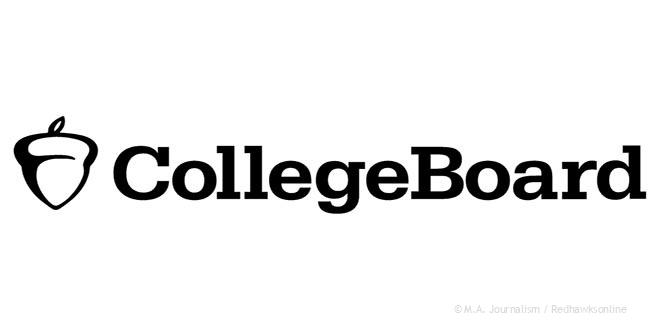For over a decade, the College Board has carefully constructed the curriculum for a new course, AP African American Studies. Initially, this course was widely received by most states and school systems. However, in early February, the Florida governor, Ron DeSantis, openly rejected AP African American Studies and said that he would not permit it to be taught in the Florida school system. Shortly after his comments, the College Board severely altered the course, removing sections on the Black Lives Matter (BLM) movement, the reparations movement, critical race theory, and Black queer studies. In response to these changes, a small group of Minnehaha students wrote a letter to the College Board contesting these changes. If you are also interested in writing a letter, feel free to use this one as an example.
College Board,
It has come to the attention of Minnehaha Academy’s student body that significant alterations have been made to the curriculum of the AP African American studies course. In doing so, it has become evident that you have given in to the pressure of Florida’s governor, Ron DeSantis, and his fear-mongering, racist policies. We implore you to reinstate the previous curriculum without the recent alterations.
For too long, the United States has refused to acknowledge an accurate history of our country’s past. AP African American Studies offers an opportunity to start and maintain conversations about the experiences of African Americans – past and present. By altering the course syllabus, the administration is denying future students the opportunity to acquire an accurate picture of American history.
Removing these crucial sections compromises the ability of the course to serve its intended purpose: providing a more complete and accurate historical narrative. Some would say, this unfortunate turn of events calls the validity of the College Board into question. Excluding material on the BLM movement and Black queer studies neglects and discredits the accomplishments and struggles of many. Censoring aspects of the Civil Rights Movement and its important leaders is equivalent to ignoring the progress made in the past century. The purpose the AP African American Studies course is to provide the actual account of both the past and present struggles and successes of African Americans in American society.
Knowledge is power; by depriving young students of this knowledge, you are depriving them of their right to know what has gone into the formation of our country. Specifically removing significant sections on the BLM movement and Black queer studies insinuates that these aspects of African American history don’t deserve to be taught, further invalidating African Americans in the academic sphere. How does one intend to spark the interest of disenfranchised communities without featuring them in the material being taught?
Since its inception, America has been wrought with racial conflict. Some may say we live in a post-racial society, however, situations like this prove otherwise. From the civil rights era to current social upheavals, most significant historical events regarding African Americans were denied inclusion in public discourse until they were deemed safe to discuss. This sad pattern can’t be repeated; if someone were to ask students a decade or two ago, “what do you know about black history?” they might chalk it up to slavery and segregation. That is due to incomplete and often emaciated accounts of African American history, which perpetuates simplistic and inaccurate representations of those who helped build our country. The ramifications of such can be seen today in public discourse that is stunted by an inability to tolerate difference if it goes against a specific group’s worldview. We are inclined to say, “if the shoe fits, wear it,” due to the apparent refusal to accept that generational trauma is often passed down by those taking passive approaches to the orders of those in power (politicians and their ilk).
In conclusion, the course of action the College Board has taken is both detrimental to America’s youth and the respectability of the College Board. The grievances we’ve aired are not unique to the Minnehaha Academy community alone, as we’re sure you’ve received numerous other hurt and enraged correspondences. We implore you to make the course whole once more and give power to the people through knowledge.

